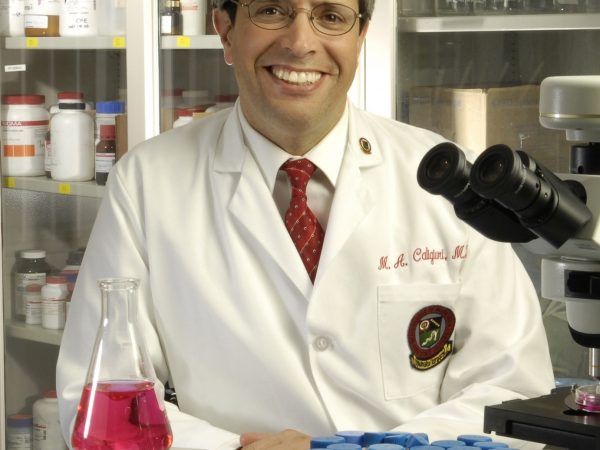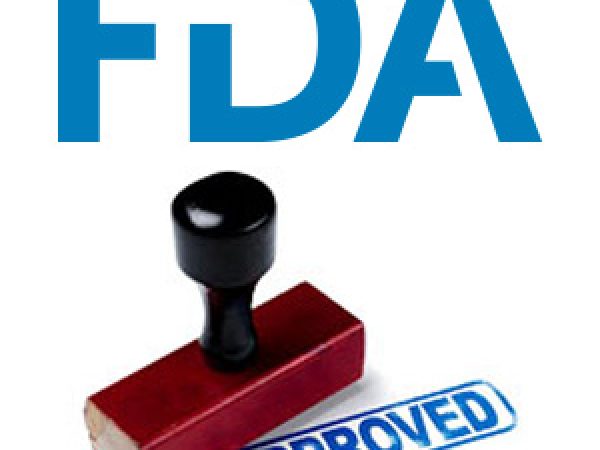The Right Dose: Researching Cancer Treatment De-Escalation
Cancer researchers often focus on developing novel treatments or combining therapies in new ways, all with the goal of lengthening survival for patients. But some cancer research has a different goal: to reduce the amount and intensity of treatment patients receive while maintaining equally good cancer outcomes. In the summer 2019 issue of Cancer Today, digital editor Kate Yandell wrote about the challenges and successes of this approach, called treatment de-escalation.
Some examples of treatment de-escalation are surgical. For instance, early-stage breast cancer patients are increasingly getting sentinel lymph node biopsies, allowing them to keep many of the lymph nodes in their armpits and reduce their risk of lymphedema and other lasting effects. Researchers have also made some progress in reducing unnecessary use of chemotherapy. Research indicates that some patients with stage III colon cancer can receive chemotherapy for a shorter period. And researchers now recognize that certain patients with early-stage, hormone receptor-positive breast cancer can skip chemotherapy entirely.
Researchers are also considering de-escalation of newer targeted therapies and immunotherapies. Studies indicate that some targeted therapies can be taken at lower doses, and researchers are working to establish when patients who have a good response to immunotherapy drugs can stop taking them.
Treatment de-escalation is usually considered a way to improve physical quality of life for patients. If patients receive fewer months of chemotherapy for colon cancer, for instance, their risk of peripheral neuropathy is reduced. But researchers are also looking at whether reducing the dose or duration of therapy can reduce financial toxicity, by reducing the quantity of medication a patient must pay for.
This type of research “will allow us to reduce the cost to our patients, reduce their financial toxicity and in many cases reduce the actual physical toxicity, without having to pass any new law,” Allen Lichter, a radiation oncologist and chairman of the board of the Value in Cancer Care Consortium, told Cancer Today. “You just have to use the medicine much more wisely and effectively.”
This story was excerpted from Cancer Today, a magazine for cancer patients, survivors and caregivers published by the American Association for Cancer Research. Read the full article here.





I never knew that an alternative objective of some cancer research is to minimize the amount and intensity of treatment patients receive while retaining similar disease outcomes. I never thought that it would be like this, I’ll share this with my aunt. Thank you for the information about cancer treatment.
I never knew that cancer researchers often focus on developing novel treatments or combining therapies in new ways, all with the goal of lengthening survival for patients. I never thought that it would be like this, it is a good article to read, I’ll share this with my aunt. Thank you for the information about cancer.
This is a great topic. There have been other forms of this: Adaptive Therapy
https://daniel228.org/2019/07/20/adaptive-therapy/
and giving the same chemotherapy on a different anti-angiogenic or metronomic schedule
https://daniel228.org/2019/08/18/overcoming-resistance/
Descalation most certainly has merit – particuarly for harder to treater cancers such as pancreatic.